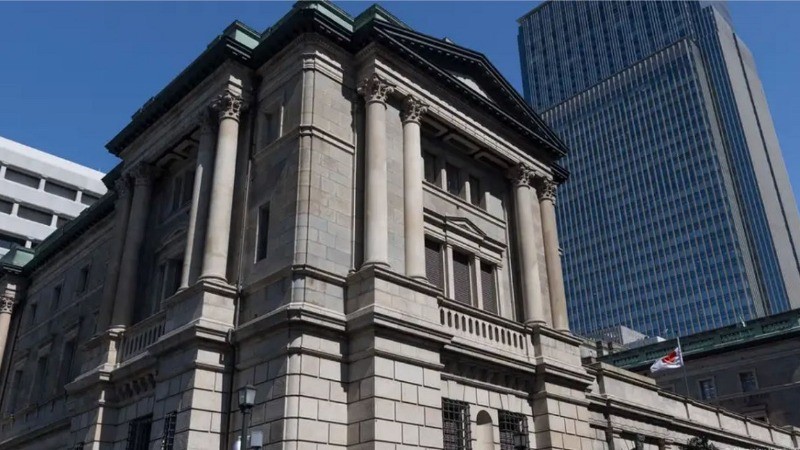
The Bank of Japan (BOJ) has raised interest rates to their highest level in 17 years following a surge in consumer prices in December. The central bank’s decision to increase its short-term policy rate to approximately 0.5% comes just hours after new data revealed that prices had risen at their fastest rate in 16 months.
The BOJ's last rate hike in July, combined with a weaker-than-expected US jobs report, caught investors off guard, leading to a global stock market decline. However, BOJ Governor Kazuo Ueda had previously hinted at this rate increase in order to prevent another market shock.
According to official data released on Friday, Japan's core consumer prices rose by 3% in December compared to the same month last year. This marks the first rate hike by the BOJ since July, and it follows closely after Donald Trump’s return to the White House, during which he threatened to impose tariffs on all imports into the US. This could affect countries like Japan that rely heavily on exports.
By increasing rates now, the BOJ is creating room to lower them in the future if needed to support economic growth. The central bank aims to gradually raise rates to around 1%, a level considered neutral for the economy.
Neil Newman, head of strategy at Astris Advisory Japan, stated, “Rates will continue to rise as wages increase, inflation stays above 2%, and the economy sees some growth.” Stefan Angrick, a Japan economist at Moody’s Analytics, predicted another 0.25% rate hike in the next six months.
The BOJ's rate hike last year was its first since 2007, after keeping rates low for years amid slow price growth. This move marked the end of negative interest rates, a policy that had been implemented in some countries to encourage spending by charging people to deposit money in banks.
Bitcoin (BTC) remained steady during Week-ended Asian trading session, even after the Bank of Japan (BOJ) raised its key borrowing rate to the highest level in 17 years and increased its inflation projections. Following the decision, the yen, which tends to perform well in times of uncertainty, gained over 0.6%, reaching 155.12 against the U.S. dollar. Despite this, riskier assets like Bitcoin remained stable, showing little change on the day and holding steady above USD104,000. Futures linked to the S&P 500 also remained unchanged.
On January 23, President Trump signed an executive order aimed at banning the digital dollar while encouraging the growth of cryptocurrency and artificial intelligence innovation in the U.S. At the same time, recent U.S. data revealed that the "all tenant rent" index, which plays a key role in shelter inflation within the Consumer Price Index (CPI), increased at a slower rate last quarter. This has sparked optimism that the Federal Reserve may reconsider its aggressive rate hike outlook from December.